1. True or False: Is sitting close to the TV bad for your eyes? Fales: Sitting too close may cause eye-strain headaches from all the focusing you have to do to see the TV clearly if viewing at close range, but this isn’t bad for your eyes; though the content on the TV may be bad for your brain!
2. True or False: If you develop glaucoma, you’ll recognize it due to the associated vision loss and/or pain from higher eye pressure. False: Glaucoma is the silent thief of vision; you can have extremely high eye pressure AND vision loss, and not recognize associated symptoms. That is if you have the most common cause of glaucoma which is open-angle glaucoma. In rare instances, the configuration of a person’s eye, particularly if they’re hyperopic or “far-sighted”, puts them at risk for narrow-angle or acute angle closure glaucoma, which DOES cause decreased vision and pain. In any event, you’ll need a thorough eye exam to see if you have glaucoma (and possibly at risk for narrow-angle glaucoma) so you can be appropriately treated, which for most people is simply to take one prescription glaucoma eye drop at bedtime. Risk factors which put you at higher risk of glaucoma include a. A family history of glaucoma, b. People with high eye pressure, c. people with Diabetes and other cardiovascular risk factors, d. High myopia or near-sightedness.
3. True or False: You must wait until a cataract is “Ripe” before you qualify to improve your vision with cataract surgery. False: Traditionally ophthalmologists would visually inspect a person’s cataract under magnification at the Slit Lamp, then make a judgment as to how visually significant was the cataract and thus its readiness for surgery. We now know that cataracts that don’t necessarily look bad on visual inspection can cause a tremendous amount of distortion out of proportion to their appearance.
We at RES have a high-tech aberrometer that can measure the distortion a cataract causes; many times, we’re surprised at how much distortion a given cataract that doesn’t look too bad can cause. Other times, when we’re surprised at how well a person sees given the dense appearance of their cataract, we’ll find on aberrometry the cataract isn’t causing much distortion. So now it’s more about the decrease in functional vision than it is how “bad” the cataract appears on our exam.
4. True or False: Carrot consumption is good for your eyes. This is a trick question: Yes, carrots and most whole foods including fruits and vegetables are much BETTER for your eyes than fast/processed foods that contain lots of saturated fats. Unfortunately, unlike Bugs Bunnie, carrot intake won’t make your vision BETTER than it is. And in addition to everything else in your body, smoking is BAD for your eyes



